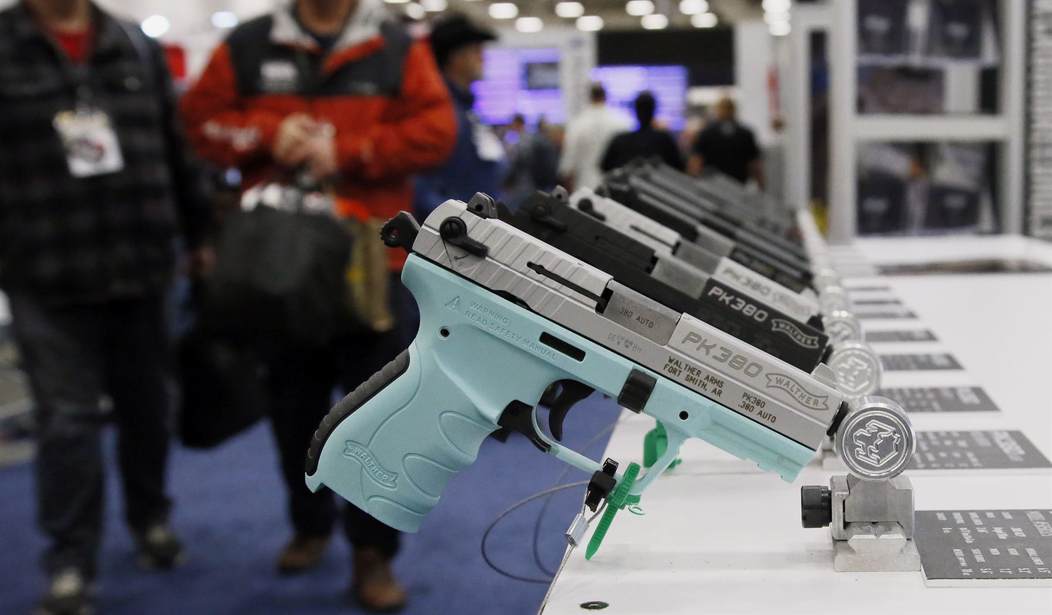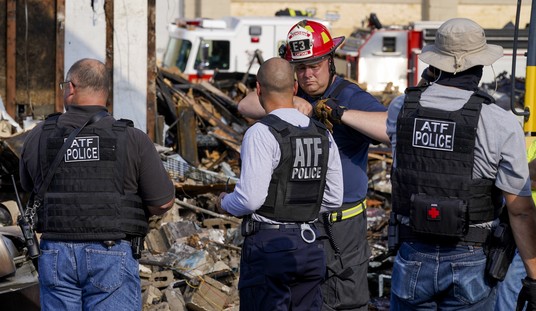In Florida, the sentencing phase for the Parkland killer continues. That includes things like victim impact statements, where those left behind get to tell the jury what they think and how they feel. The jury isn’t required to take those into account, of course, but they likely will.
Yet it seems some believe gun control cases can be made out of those statements.
Because our debates over this issue can get unnecessarily complicated, it’s good to be reminded of the simple truth that guns cause unnecessary loss, grief and pain. And nowhere has that been made more clear than in Corey Hixon’s brief testimony at the trial for Nikolas Cruz, the murderer who shot and killed 17 people at Marjory Stoneman Douglas High School in Parkland, Florida, on Feb. 14, 2018.
One of those killed was Corey Hixon’s father, Chris Hixon. He was the athletic director at the school and was shot and killed while trying to disarm the gunman. According to Florida ABC affiliate Local 10, Hixon was one of the last to speak before the court. Rather than have him read a victim impact statement, the judge asked Hixon, who lives with Kabuki syndrome, what he wanted to share about his father.
In just two sentences—each of which was followed up by an emotional hug with his mom—Hixon distilled the emotional reality of our nation’s gun problem and brought home what gets lost when we keep doing nothing.
Watch:
Oh my! Cory Hixon, son of #ParklandSchool victim Christopher HIxon gives victim impact statement. He's darling! #heartbreaking pic.twitter.com/GR4eD8ijqk
— Cathy Russon (@cathyrusson) August 4, 2022
The whole room felt that “I miss him!” But the simple description of walking to get donuts together and walking back home every Saturday is just gut-wrenching. It’s those little things, the everyday connections and joys and time spent together, that gun violence rips away.
Yep, it’s heartbreaking. I don’t think anyone can hear that and not think the same thing.
That’s not a case for gun control, though. Those are the emotions of a person who misses their father terribly and nothing more. It doesn’t change any of the reality that gun control does not actually accomplish what proponents claim.
It’s not a factual case based on data or showing how gun control doesn’t really infringe on our right to keep and bear arms. It’s someone’s loss being weaponized to justify that infringement.
The author of this piece doesn’t even seem to mind that, either, asking, “People try to say that gun control won’t stop mass shootings, but can’t we at least try?”
Well, no, we can’t.
We can’t try because if the only thing up for discussion was stopping mass shootings, that would be one thing, but that’s not everything on the table. Those laws being called for also make it more difficult for law-abiding citizens to defend themselves, to exercise their constitutionally protected right to keep and bear arms.
Further, since the victims of mass shootings number in the few hundreds per decade and those who use guns for self-defense measure in the hundreds of thousands per year–and that’s one of the more conservative estimates–we can’t give gun control a try, especially not because people like the author have decided to weaponize someone’s grief.
I understand that grief as much as I think it’s possible to understand it. I, like many of us, have lost a parent. I’ve also lost someone I care about to a mass shooting. I’m equipped to get it.
But I also recognize that more lives are saved by guns than taken, and no appeal to emotion is going to change that fact.







